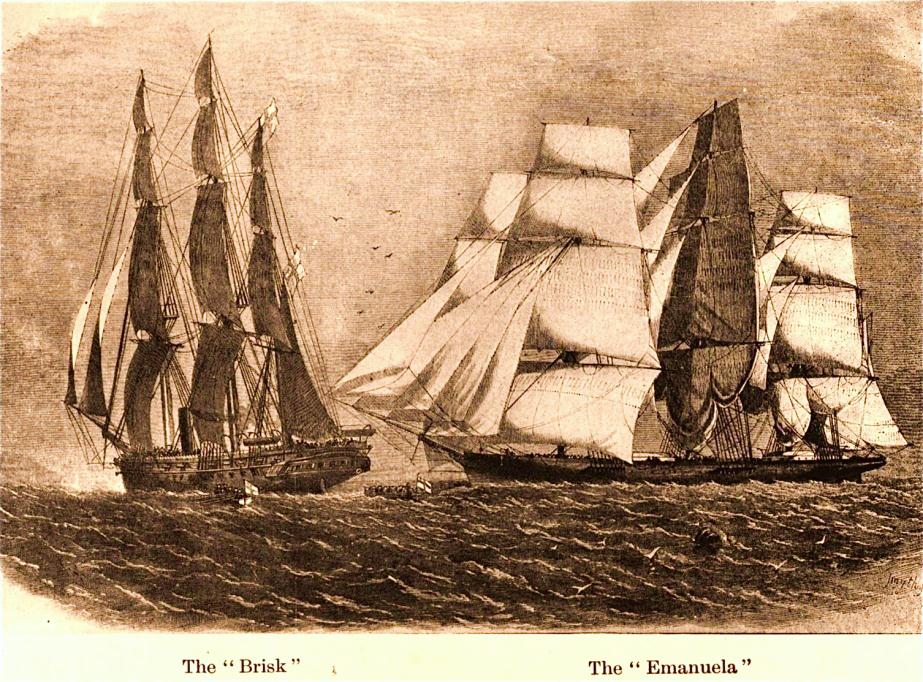In this lesson, T&W teaching artist David A. Stoler brings students into the past with a study of “journey poems.” Stoler invites seventh-graders to engage actively with history by imagining the journey of a Colonial character in the style of Phillis Wheatley’s “On Being Brought to America from Africa.” Though this lesson builds upon previous workshops, it works equally as well as a solo plan to get students to think creatively about their studies in history.
Lesson Overview
Download: Journey Poems
Common Core State Standards:
(Refer to the Anchor Standards for Writing at English Language Arts > Writing > Grade 7)
- CCSS.ELA-LITERACY.W.7.3
Write narratives to develop real or imagined experiences or events using effective technique, relevant descriptive details, and well-structured event sequences. - CCSS.ELA-LITERACY.W.7.9
Draw evidence from literary or informational texts to support analysis, reflection, and research.
Guiding Questions:
- How does Wheatley feel about being taken from Africa to America?
- What would it be like to be taken from your home? Can you imagine how you would feel arriving in a foreign place?
- Can you think of a time from your life when you have felt disoriented and/or afraid upon finding yourself in unfamiliar territory?

LESSON
Introduction:
Drawing on their previous knowledge, I ask students how the people in 1750s America got to the Colonies in the first place. We brainstorm the different methods of travel as a class.
I briefly introduce the class to Phillis Wheatley, a prominent poet from the mid-1700s who arrived in America as a child of seven and was sold into slavery. By the time Wheatley was 14 years old, she was writing poetry and studying Greek and Latin under the care of the Wheatley family, whose name she adopted. Phillis isn’t her real first name, but is actually the name of the slave ship, The Phillis, that brought her over from Africa. Her “master” named her after the ship, and she used that name until she died at age 31. Her owners educated her and emancipated her upon their death.
Model/Mentor Text:
I tell student that today we will read Wheatley’s poem “On Being Brought from Africa to America,” in which Wheatley describes the land she left, what moving did to her, and what she found when she got here. I read it straight through once, and then begin breaking the poem down line-by-line. It is helpful to have the poem projected or written on the board for this part of the activity.
While breaking down the poem—it’s hard!—I have the class pay particular attention to challenging words like “benighted,” “diabolic,” “angelic,” “refined,” and “pagan.” I ask them to discuss the meaning of each line, prompting them with questions such as “What is Wheatley saying? Who is she saying it to? What is she looking for?” The teacher/teaching artist might also choose to apply text annotation strategies or Cornell Notes during this stage of close reading.
I ask the class if anyone has ever moved, or experienced another big change in their life. What was it like to move somewhere new? How do people feel when they leave a place? How do they feel when they arrive at a new home? What do people leave behind? These questions are asked in hopes of getting the students to begin connecting Wheatley’s words with their own experiences and feelings.
Encourage students to reflect deeply on this theme of “change.” Wheatley’s journey from Africa to America forced her to change her country, culture, name, religion, beliefs—her entire life as she once knew it. That is a level of change that most of us will never know.
Ask students what would happen if they were taken from their home at such a young age. How would they feel—scared maybe, or angry? What are the different choices they would have to make about how they were going to proceed? What’s powerful about Wheatley’s poem is that it expresses gratitude for her conversion to Christianity in the face of what was probably an incredibly painful experience. Encourage students to reflect on their lives and see if there are any challenges they have faced that have allowed them to learn something new about themselves, other people, or the world.
Writing Activity:
- I have students paraphrase the poem and record their ideas on the chalk/SMART Board. In addition to ensuring that the whole class understands the message of the poem, this quick activity will allow students to restate the new vocabulary in their own way and ease them into writing “journey poems” of their own.
- Invite students to write their own journey poems from the perspective of a slave. I remind them to keep in mind how they got there, what feelings they had upon being taken away from home and arriving in a new place, what they were looking for, and what they found.
Closing:
Ask students to share the poems by reading aloud to the whole class and/or trading poems with another student.
Materials:
Phillis Wheatley’s “On Being Brought from Africa to America”
Vocabulary:
Benighted, mercy, Negroes, diabolic, refined, pagan, Phillis Wheatley
Multimodal Approaches to Learning:
This lesson appeals to interpersonal learners, during the class discussions and collaborative effort to translate the poem; intrapersonal learners, as students think about their own characters and how traveling would affect them; and aural learners, as when read aloud the language of the poem sets the tone of Colonial experience for the students.


